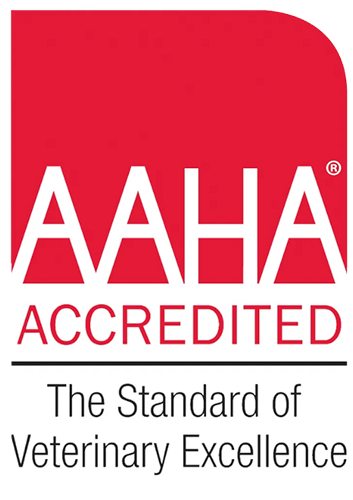Project Description
Importance of Vaccinations for Your Pets
Vaccinations are a cornerstone of preventive healthcare for pets. Just like in humans, vaccines help protect your furry friends from a variety of serious and potentially life-threatening diseases. By keeping up with your pet’s vaccinations, you ensure their health and well-being, as well as the safety of other animals and people they come into contact with.
Why Vaccinations Are Crucial
Vaccines work by stimulating your pet’s immune system to fight off specific diseases. They help prevent illnesses that can be severe or even fatal, such as parvovirus, distemper, and rabies. In addition to protecting your pet, vaccinations contribute to herd immunity, which helps control the spread of diseases within animal populations.
Core vs. Non-Core Vaccines
Vaccines are generally categorized into core and non-core types:
- Core Vaccines: These are essential for all pets, regardless of their lifestyle. For dogs, core vaccines typically include those for rabies, distemper, parvovirus, and adenovirus. For cats, core vaccines include those for rabies, feline calicivirus, feline herpesvirus, and feline panleukopenia. These vaccines are critical in protecting your pet from common and serious diseases.
- Non-Core Vaccines: These are recommended based on your pet’s specific risk factors. For dogs, non-core vaccines might include those for Bordetella (kennel cough) or leptospirosis, especially if your pet is in contact with other animals or spends time in areas where these diseases are prevalent. For cats, non-core vaccines could include those for feline leukemia virus (FeLV), particularly if your cat goes outside or lives with other cats.
The Vaccination Schedule
Puppies and kittens typically start their vaccination series at a young age, with booster shots given at regular intervals to ensure long-term protection. Adult pets also need periodic booster shots to maintain their immunity. Your veterinarian will create a vaccination schedule tailored to your pet’s needs based on their age, lifestyle, and health status.
Conclusion
Vaccinations are a vital part of maintaining your pet’s health and preventing disease. Keeping up with their vaccination schedule ensures they stay protected and healthy throughout their lives. If you have any questions about your pet’s vaccination needs or schedule, don’t hesitate to contact us at Maillardville Veterinary Hospital. We’re here to help keep your furry friend safe and healthy.


